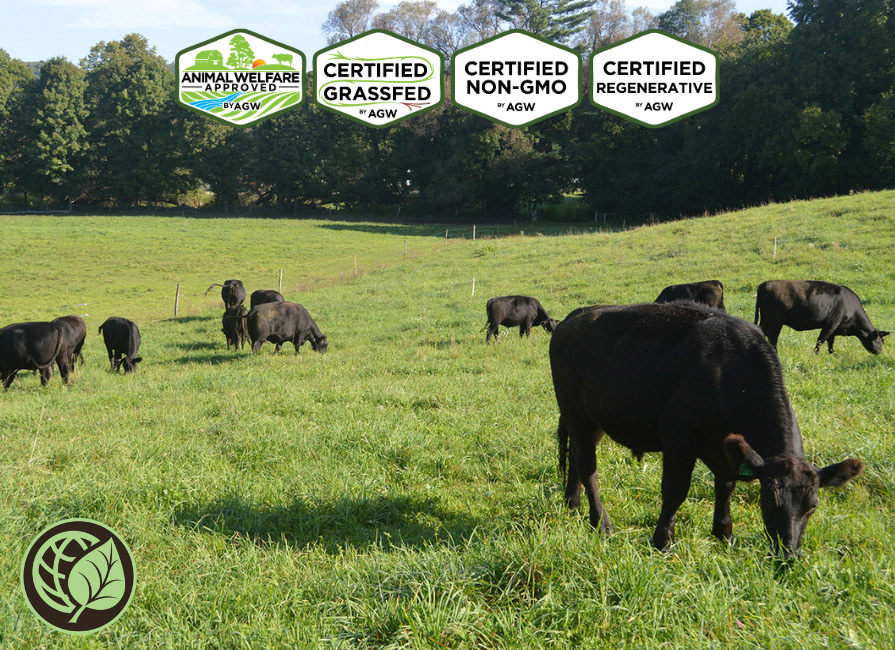Bryce Irlbeck is a fifth-generation farmer and owner of B&B Irlbeck Farms, a centennial family…
Johns Hopkins Center for a Livable Future Response to NYTimes Op-Ed
In response to last week’s Op-Ed in the New York Times by James E. McWilliams entitled Free-Range Trichinosis, the folks from Center for a Livable Future at Johns Hopkins University wrote this blog.
April 10th, 2009
Smoked “Bacon” and Mirrors
Why didn’t Op-Ed author reveal National Pork Board paid for Trichinosis study?
Having spent the majority of my career as a journalist I tend to be skeptical of almost everything I hear or read. Over the years my “bull-crap” alarm has become quite sensitive and fairly accurate. This morning while reading James McWilliams” “Free-Range Trichinosis” Op-Ed in the New York Times, my alarm went off so loud I think traffic outside my office came to a screeching halt.
There are many parts of the Op-Ed that are alarming, however, for brevity sake I”ll just focus on the most glaring offense. Dr. McWilliams claims that a recent study published in the journal Foodborne Pathogens and Disease “discovered” that out of more than 600 pigs tested two free-range pigs “carried the parasite trichinia” (which causes trichinosis) while no parasites were found in pigs raised in confinement. Here’s what pegged my meter, Dr. McWilliams never revealed who authored the study, let alone who paid for it. Leaving out the author or funder of a study is common practice in a news release, it usually means the writer is trying to keep something from her/his readers. I”ll be honest, I was surprised to see an important detail like that left out of an Op-Ed, especially one written for the New York Times. Turns out, the study’s lead author is Wondwossen Gebreyes, associate professor of veterinary preventive medicine at Ohio State University. Guess who paid for it? Yep, the National Pork Board. And if you read the study findings carefully, no where written is the word “carried the parasite trichinia.”
The study did find, however, that out of 324 free-range pigs and 292 confinement-pigs, two serum samples from the free-range swine were found to be “seropositive for Trichinella.” In laypersons terms, seropositive simply means antibodies for Trichinella were present in the serum. While likely, this does not necessarily mean that the animals carried the parasite.
This is an important misstatement of facts, considering the headline for the Op-Ed and the seriousness of the potentially deadly disease Trichinella can cause. Read the study for yourself, which also tested for “seropostivity” of Salmonella and Toxoplasma.
I wish the Pork Board would pay for a study that compared the immune systems of free-range pigs vs. confinement-pigs. I wonder if the fact that these antibodies are showing up in free-range pigs, may actually prove they have a robust immune system, strong enough to ward off many diseases, unlike their unfortunate cousins destined to live out their lives in confinement.
By the way, the authors of the study made it clear that this is a “preliminary study” which warrants the need for a “robust epidemiological study” to determine risk factors and “potential reemergence of parasitic pathogens.”
I think it’s dangerous to use “preliminary” studies to try to scare people into questioning any production method.
Posted by Ralph Loglisci

